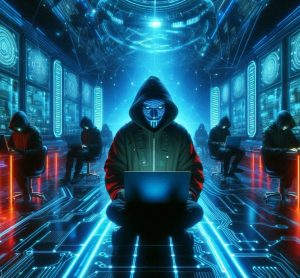We’re diving into a topic that’s often demonized, misunderstood, and painted as the villain in the story of the internet: dark web websites. But today, I’m here to challenge that narrative. I’m here to argue that these hidden corners of the internet are, in fact, the last bastion of digital independence in an increasingly controlled and surveilled world.
Let’s start by acknowledging the elephant in the room: the dark web has a bad reputation. Sure, it’s home to illegal markets, shady deals, and all sorts of questionable activities. But focusing solely on the dark side misses the bigger picture. The dark web is one of the few remaining places where true anonymity exists, where freedom of expression can be practiced without fear of censorship, and where whistleblowers, activists, and dissidents can communicate without the looming threat of retaliation.
Now, some of you might be thinking, “But isn’t the dark web just a haven for criminals?” Well, let’s consider this: in a world where governments, corporations, and tech giants monitor every click, every purchase, and every conversation, where can you go to escape the watchful eyes of Big Brother? Where can you have a private conversation without it being stored, analyzed, and possibly used against you? The answer isn’t on the surface web, where every movement is tracked and logged.
The dark web, with its .onion links and anonymous networks, offers a refuge for those who value their privacy. It’s a place where you can research sensitive topics, communicate with others who share your concerns, and access information that might be restricted or censored in your country. It’s where the true spirit of the internet—freedom, anonymity, and independence—still thrives.
But here’s the kicker: as governments and corporations tighten their grip on the internet, the dark web is becoming more than just a hideout for the privacy-conscious. It’s evolving into a counterculture, a digital resistance movement. It’s a place where people are pushing back against the status quo, challenging the norms, and reclaiming their right to privacy.
So, before we dismiss the dark web as a lawless wasteland, let’s consider its role in the broader context of digital freedom. In a world where our online lives are increasingly monitored, controlled, and manipulated, the dark web might just be the last frontier for those who refuse to surrender their digital independence.
As we wrap up, I want to leave you with this thought: the dark web isn’t just a refuge for the shadowy figures of the internet. It’s a sanctuary for those who still believe in the core principles that the internet was built on—anonymity, freedom, and independence. And as we move forward into a future where those principles are under constant threat, the dark web might just be the last line of defense for our digital rights.

